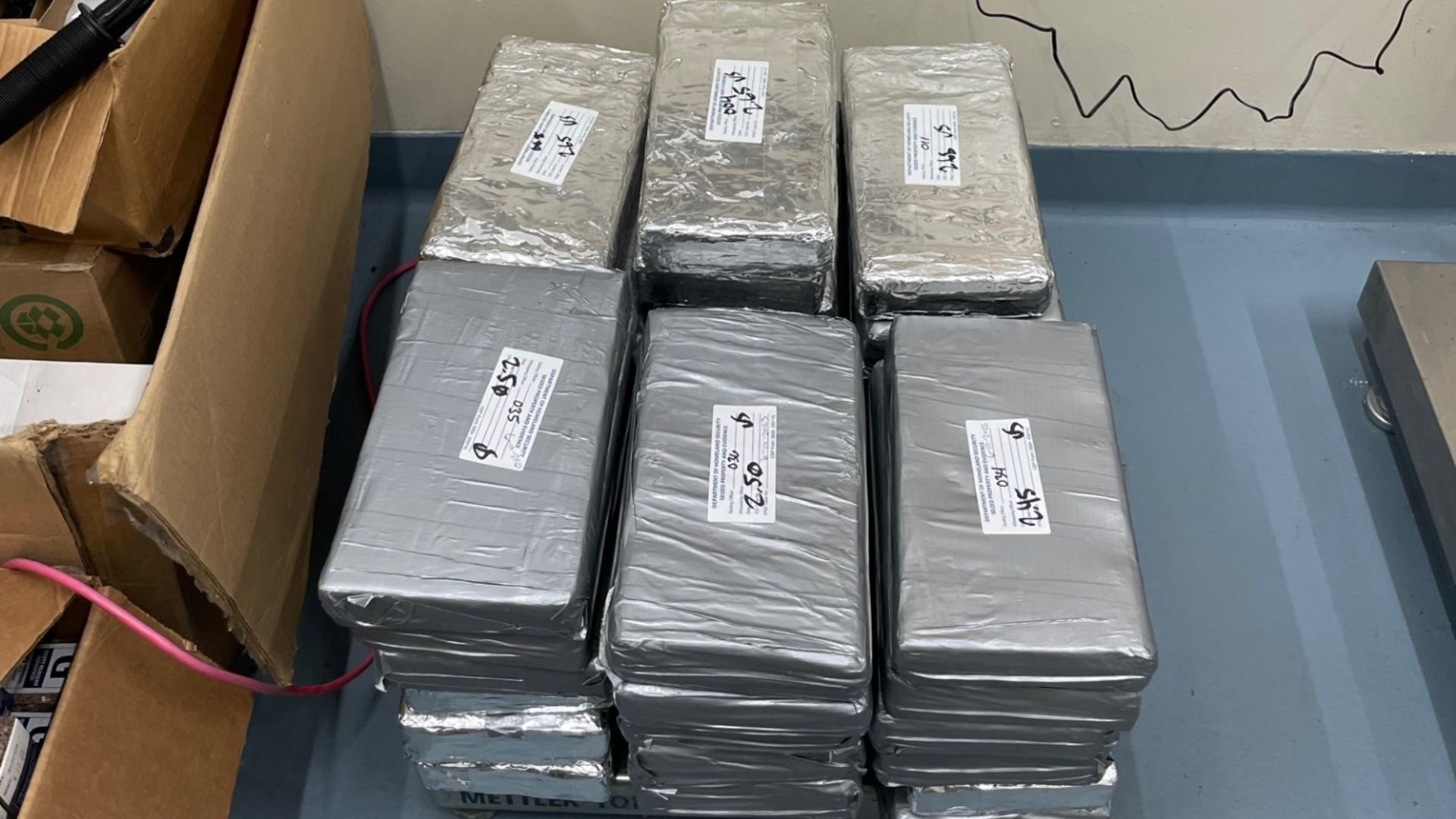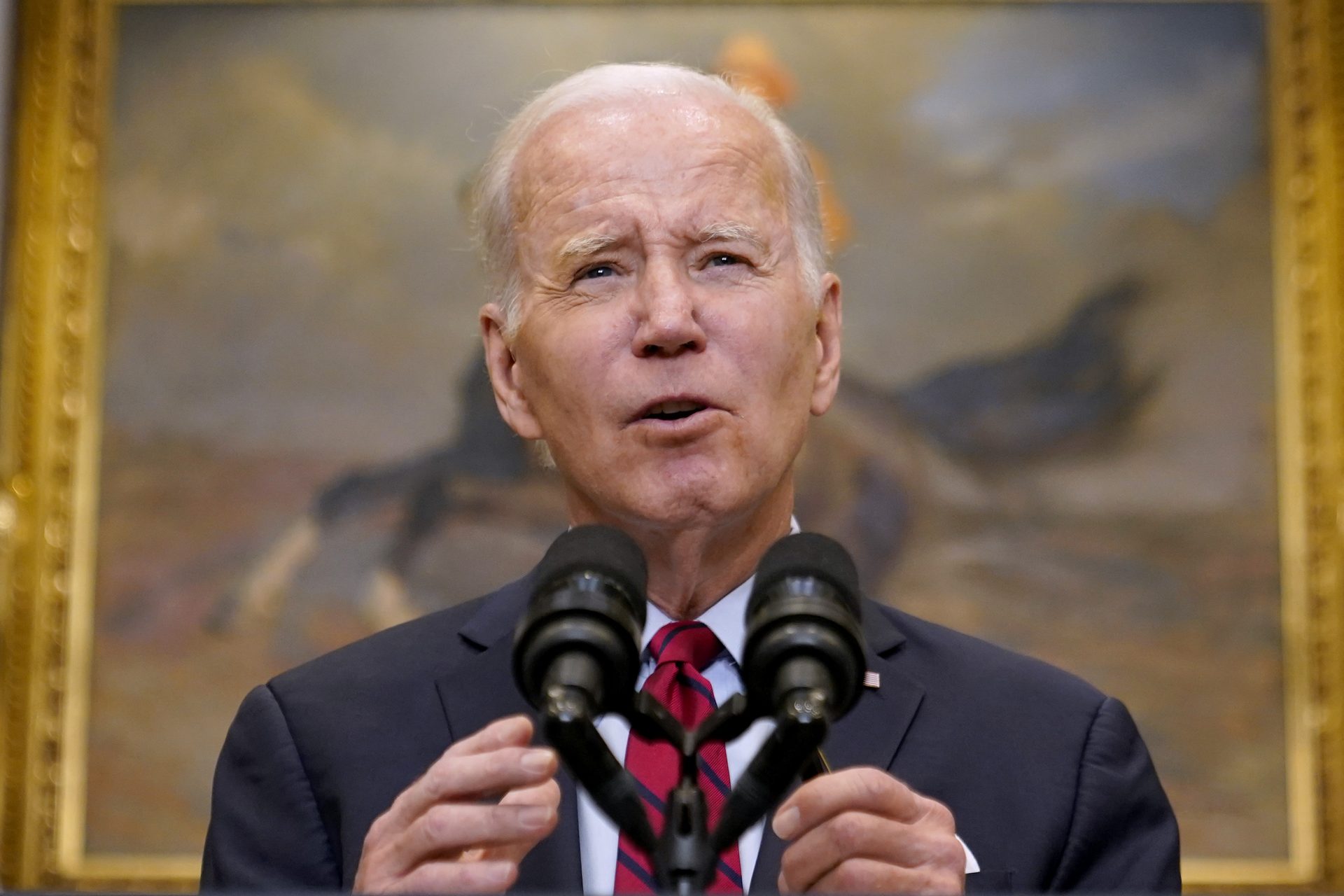When the U.S. faced the 9/11 terrorist attacks back in 2001, most countries in the world expressed their concern and closed ranks to fight terrorism everywhere. In that context, Russia became an unexpected ally of the Americans.
The mood, of course, was very much different between Russian and the U.S. compared to these days. To start with, Muscovites covered the lawn of the U.S. embassy with flowers and messages of empathy and went to hospitals to donate blood. Russian President Vladimir Putin immediately sent a telegram of condolences to President Bush and was the second foreign leader, after New Zealand’s Helen Clark, to speak with Bush, to express his solidarity.
It is very interesting to remember that, due to the attacks, U.S. troops had been placed on heightened alert, but President Putin assured his American counterpart he would not add to already heightened tensions by increasing the alert status of Russian troops. Putin reaffirmed his commitment to U.S.-Russian relations in a phone call with Bush the following day, offering cooperation in the pursuit of the attackers. Two days after the events, Russian flags were lowered to half-mast and a moment of silence was observed in Putin’s cabinet meeting and throughout the country.
This is just to show how much have U.S.-Russia relations deteriorated during the 21st Century. After Biden’s inauguration in 2021, he referred to Putin as “an assassin.” Later, Putin proclaimed the United States is an “existential threat” to Russia.
When Islamic State terrorists performed the deadly attack on a concert at Moscow’s Crocus City Hall near Moscow on March 22, the United States did not reciprocate the Russian solidarity shown in 2001 after the 9/11 events. No American flags were lowered to half-mast, no moments of silence were observed in Biden’s cabinet, and no phone calls between Biden and Putin reaffirmed the commitment of Washington in the pursuit of the attackers.
The U.S. limited its comments to insisting that it warned the Russian authorities of a terrorist attack days before the Russian Presidential elections took place, calling for its nationals to avoid crowded places and massive gatherings.
In fact, Russia’s Ambassador to the United States, Anatoly Antonov has complained that the U.S. authorities did not provide concrete information to the Russian Government about possible preparations for a terrorist attack by the Islamic State or other terrorist groups. Yes, it is true the U.S. and Russia do not talk much to each other these days due to the Russian invasion of Ukraine that is now on its third year. The conflict has translated into the Western solidarity with Ukraine and tons of sanctions and the condemnation of Russia for making war to a sovereign country. The paths between Russia and the U.S. are going in different directions and it seems they will not reconcile soon. Okay, when Donald Trump was President in the U.S., he provided information to his Russian counterpart that prevented a terrorist attack in Saint Petersburg in 2019. But that was probably the last time Russia and the U.S. exchanged information pertaining terrorism and terrorists.
Russia is not a stranger to terror. During the current century, Russia has been targeted by various terror acts aimed at defying the leadership of its President, Vladimir Putin. The list of terrorist attacks is well-known: in 2002, the Dubrovka Theater assaulted by 40 to 50 armed Chechens on 23 October took 850 hostages and ended with the deaths of at least 170 people; in 2004, the Beslan School in North Osetia was the scenario of the worst school shooting, when during three days more than 1,100 people were taken as hostages (including 777 children) and ended with the deaths of 334 people, 186 of them children; in 2010 a suicide bombing attacked the Moscow Subway killed 38 people plus 60 injured. Other terrorist incidents include the Domodedovo International Airport bombing (2011); the Volgograd Bus bombings (2013); the Grozny bombing (2014); the Metrojet Flight 9268 explosion (2015); and the Saint Petersburg Metro bombing (2017).
To many, these terrorist attacks have led the Russian President to increase the surveillance of the population in the name of security at the expense of human rights and liberties. Russia also got involved in the fight against the Islamic State during the Civil War in Syria between 2015 and 2017, preventing the Bashar al Asad regime from collapsing. The now well-known Wagner Group – dismantled last year after a coup attempt against President Putin by its leader Yevgeny Prigozhin – also fought different branches of the Islamic State in the Sahel, including Niger, Mali and Burkina Faso, places that according to the Global Terrorism Index 2024, are now the global hubs of terrorism, even much more than Afghanistan.
The “accidental connection” between terrorism and the former Wagner Group is relevant. The Islamic State and the former Wagner Group are disputing their influence in the Sahel area where the anti-French feeling has reached its peak. But not only there: Mozambique and Madagascar are also looking at Moscow for support. Countries are turning to Russia due to previous links – like Mozambique’s – and because Western countries, France included, insist on their democratization and condition cooperation on human rights considerations. Since neither Russia, nor China – another key partner of African countries – are not very much interested in democracy but, rather, in increasing their influence in the region, African regimens feel comfortable in resorting to Moscow and Beijing for military and financial aid.
Could it be possible to describe the Islamic State irruption at Moscow’s Crocus City Hall as some form of pay back for Russia’s growing influence in the Sahel area? One may also considerer the defeat of the Islamic State in Syria back in 2017 as a possible revenge element. Being this the case, the Islamic State then is much more diverse and with a wider global scope today, which may prompt the West to deter and fight it, instead of just describing when and against who would the next terrorist attack would be.
By insisting that it told Russia about a possible terrorist attack a few weeks ago, the United States – and its faithful ally the U.K. – seems to be sending the message that it expects Russia to open a new front against the Islamic State in the Middle East, something Moscow does not seem willing to do. Russia would not open a new combat front, at least not now, when it is fighting Ukraine. In his statement after the Moscow’s Crocus City Hall attack, President Putin did not even mention the possible authorship of the Islamic State. Instead, he implied the involvement of Ukraine. Whether this is true or not, it may lead to stronger attacks against Ukraine at a time the country is not getting enough military supplies nor financial support from the U.S. and Western countries to repel Russia’s strikes. The attack may be used as an excuse to increase the military operations in Ukraine, despite President Zelensky denying any participation in the events of May 22. That said, could we expect more terrorist attacks in Russian soil?
Back in 2001, Russia supported the U.S. military effort in Afghanistan after the 9/11 events. Today the possibility of cooperation between the US and Russia to fight the Islamic State, does not look feasible. The World Terrorism Index 2024 claims the Islamic State is the deadliest terrorist group globally for the ninth consecutive year, recording both the highest number of attacks and deaths from terrorism. The study indicates deaths attributed to the group and its affiliates – Islamic State-Khorasan Province (ISK), Islamic State-Sinai Province (ISS), Islamic State-Sahel and Islamic State-West Africa (ISWA) – fell by 17 per cent over the last year to 1,636, the lowest number since 2014. The group carried out attacks in 20 countries in 2023, down from 30 countries in 2020. Although this may be considered good news, violent conflicts are the main drivers of terrorism. In 2023, 90 percent of terrorist attacks occurred in countries that face violent conflicts, which also connects some dots regarding the Russia attacks of March 22. Back in 2008 when Russia started a war against Georgia and 2014 when Russia took over Crimea, terrorism quickly escalated. By 2023, however, only three terrorist attacks were registered in Russia, the most prominent being the attack on Vladen Tartasky, a pro-Putin and pro-war against Ukraine group that killed him together with the wounding of 30-plus civilians. The National Republican Army, an anti-Kremlin organization, claimed responsibility.
The March 22 terrorist attacks were directed against President Putin to show his weaknesses, despite the most anticipated major victory he had during the Presidential elections of March 15-17. The attacks were also directed against the middle classes that President Putin has protected during his presidency, since they are of critical importance to the stability of the economy, and the political system. During the war with Ukraine, Putin has either used mercenaries such as the Wagner Group, and people from rural and marginalized areas within Russia and its “near abroad” to fight against Kyiv. The presence of nationals from India and Nepal have been reported as fighting on behalf of Russia on the front. Other nationals from Uzbekistan, Tajikistan, Kyrgyzstan, Cuba, Syria, Afghanistan, Serbia, Somalia and Malaysia have enlisted either as mercenaries or as part of the Russian armed forces. Salary is an incentive together with the promise of Russian citizenship for the combatants and their families without the need of speaking Russian and/or other conditions. This is done systematically to avoid enlisting the Russian middle classes which may produce an exodus of much needed human capital, together with declining support for Putin.
The March 22 attacks thus are challenging Putin at a time when his fifth mandate is a reality together with important military victories against Ukraine. But all that seems to come at a cost. It has to do less with a terrorist warning made by the Americans – one may ask where the U.S. intelligence community was in October 7, 2023, when Hamas performed the deadliest terrorist attack against Israel in decades; not to mention the U.S. intelligence conundrum of 9/11 despite the Mossad’s warnings back in August 2001 that a major terrorist attack in U.S. soil was in the making.
All this is to say that beyond the current confrontation beyond Russia and Ukraine and the West, a specter haunts the world; that of terrorism. Fragmentation and polarization are helping terrorism to spread all over the place. This calls for much needed cooperation to fight this threat, but it does not seem this may happen soon, does it? Of course, the U.S. election outcome may change everything… or may not.
Editor’s Note: The above guest column was penned by María Cristina Rosas, a professor and researcher in the faculty of political and social sciences at the National Autonomous University of Mexico in Mexico City. The column appears in The Rio Grande Guardian International News Service with the permission of the author. Rosas can be reached via email at: mcrosas@prodigy.net.mx
The post Rosas: Terror in Russia appeared first on Rio Grande Guardian.
 (2).png)
 5 months ago
130
5 months ago
130









 English (US)
English (US)